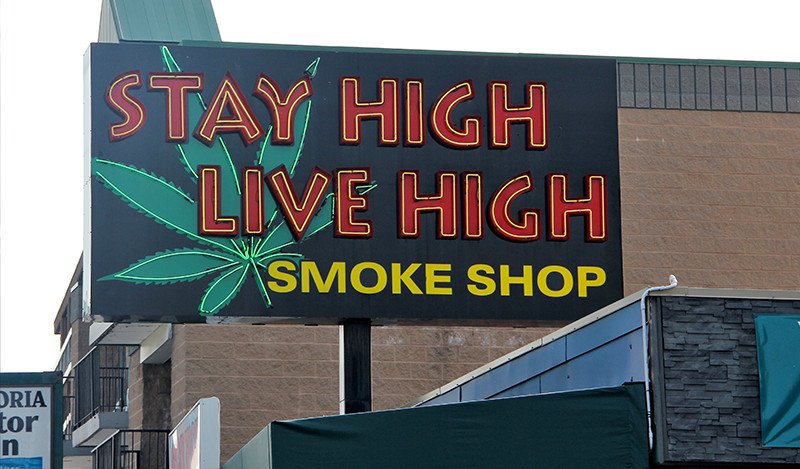Debate surrounding legalization of pot has sparked discussions on various fronts, including its potential impact on socioeconomic disparities. In recent years, there has been growing concern about the proliferation of pot shops, particularly in low-income neighborhoods. While proponents argue that such businesses can stimulate economic growth and provide access, research, including studies conducted by the Johns Hopkins School of Public Health, suggests otherwise.
One key reason why poor neighborhoods do not need pot shops lies in the disproportionate burden of harm they impose on already marginalized communities. Research from the Johns Hopkins School of Public Health has shed light on the adverse effects of recreational marijuana stores in underserved areas. Studies indicate that the presence of pot shops can contribute to increased crime rates, reduced property values, and negative social outcomes in these communities. These findings challenge the notion that pot shops bring alleged economic benefits without acknowledging the social and health costs borne by the residents.
Moreover, the clustering of pot shops in poor neighborhoods raises concerns about equitable access to resources and opportunities. Research from Johns Hopkins suggests that the concentration of cannabis outlets in economically disadvantaged areas may exacerbate existing disparities by perpetuating cycles of poverty and substance abuse. Instead of promoting economic empowerment, the proliferation of pot shops in these communities may further entrench social inequalities, hindering efforts to promote upward mobility and community development.
Furthermore, the presence of pot shops in poor neighborhoods may also exacerbate public health disparities. Studies cited by Johns Hopkins researchers have highlighted the correlation between cannabis availability and increased rates of substance use disorders, particularly among vulnerable populations. By saturating low-income areas with easy access to cannabis products, pot shops may inadvertently contribute to substance abuse and related health consequences, further burdening already strained healthcare systems.
Critics of the argument against pot shops in poor neighborhoods often point to the potential tax revenue and job creation as reasons to support their presence. However, research indicates that the economic benefits may not outweigh the social and public health costs associated with cannabis outlets in these communities. The Johns Hopkins School of Public Health study underscores the need for a comprehensive approach to cannabis regulation that prioritizes community well-being over short-term economic gains.
“They screwed up when the city council rolled out the recreational marijuana rules and now they need to correct it,” said one resident of Union City’s Cherrywood neighborhood, where the city council recently tried to force a recreational marijuana shop into the quiet residential neighborhood. One of the early advocates of recreational marijuana sales on the city council back in 2018 (when the regulations were passed), is Emily Duncan, now a candidate for Union City mayor.
In conclusion, the evidence from research conducted by the Johns Hopkins School of Public Health and other institutions strongly suggests that poor neighborhoods do not need pot shops. The negative social, economic, and public health consequences associated with the proliferation of cannabis outlets in these communities outweigh any potential benefits. Moving forward, the Union City Council must consider the insights provided by such research to develop evidence-based strategies that promote equitable access to cannabis while safeguarding the welfare of vulnerable populations and the security of all residential neighborhoods throughout the city.

STAY HIGH, LIVE HIGH?
Your content goes here. Edit or remove this text inline or in the module Content settings. You can also style every aspect of this content in the module Design settings and even apply custom CSS to this text in the module Advanced settings.